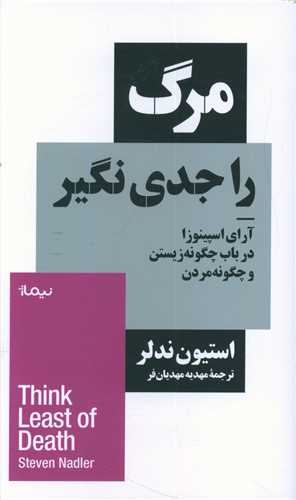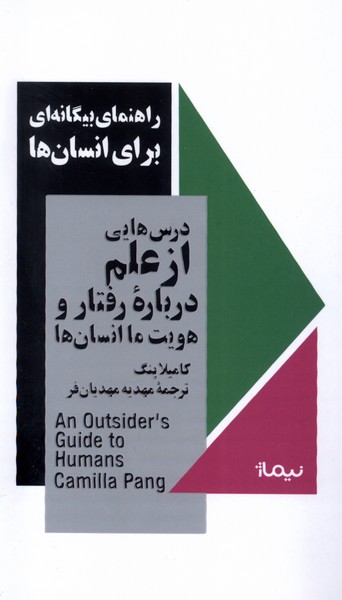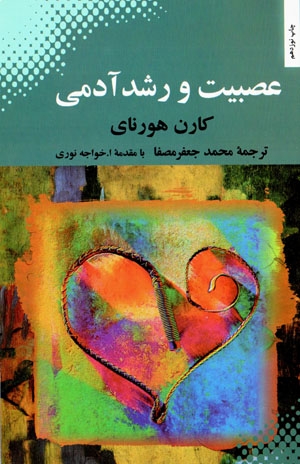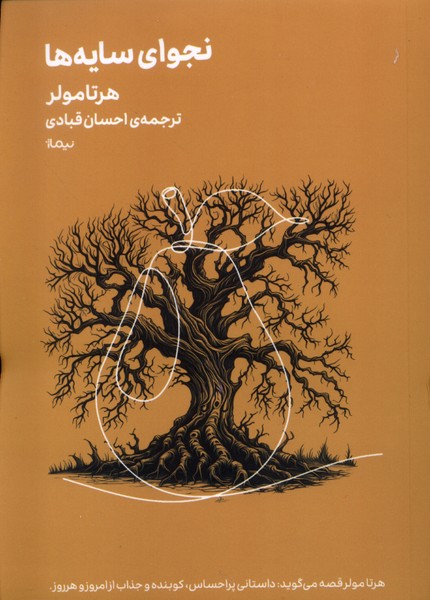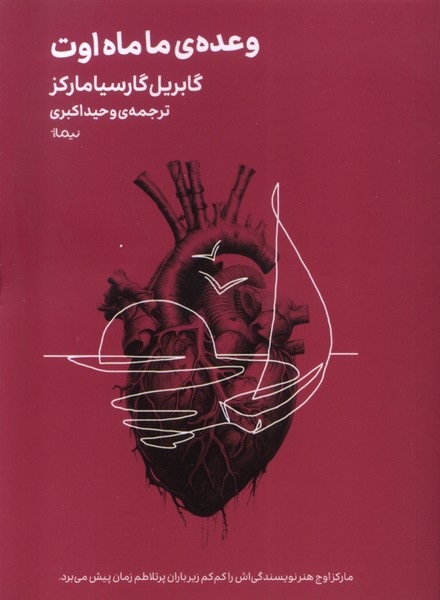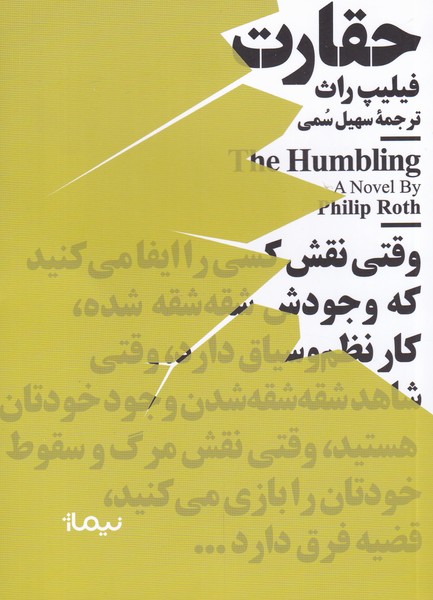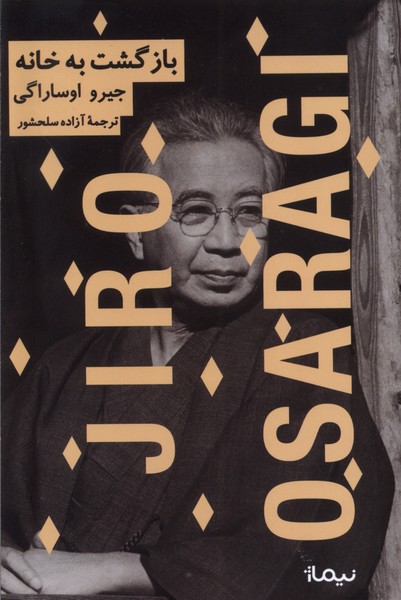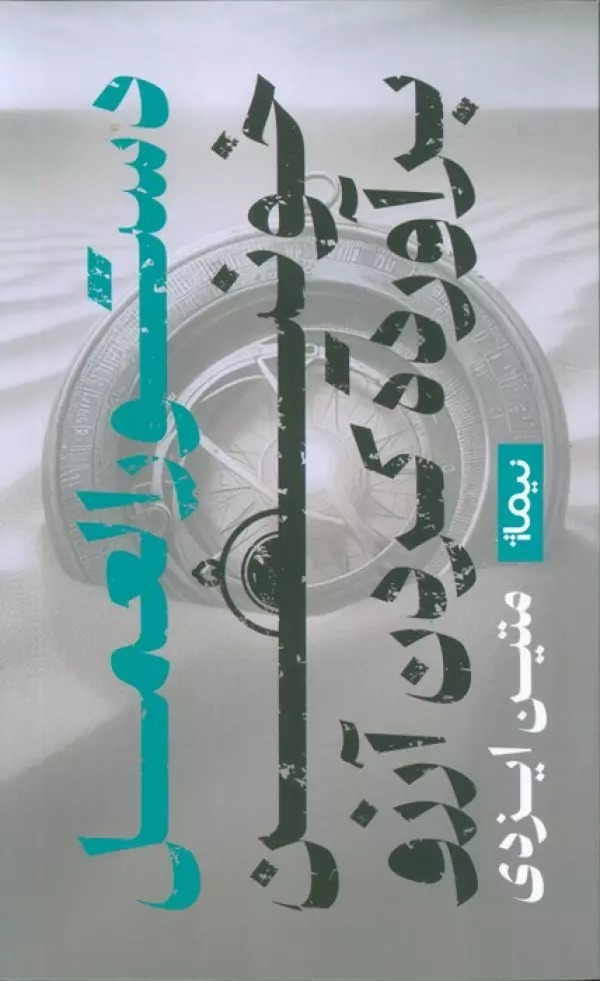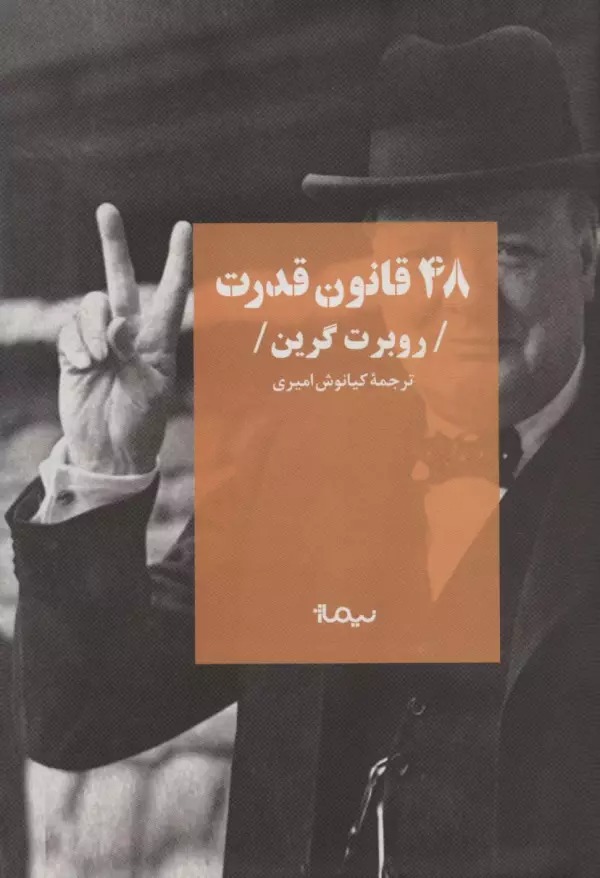Marg rā jidī nagīr: Persian 1401
مرگ را جدی نگیر
14.66 £
Share
Wishlist
ISBN:
9786003677838
Translator:
Mahdīyah Mahdīyān'far
Publisher:
Nimazh
Age Group:
Adult
Pages:
296
Weight:
300 g
Dimensions:
14 x 21 cm
Book Cover:
Paperback
In 1656, after being excommunicated from Amsterdam’s Portuguese-Jewish community for “abominable heresies” and “monstrous deeds,” the young Baruch Spinoza abandoned his family’s import business to dedicate his life to philosophy. He quickly became notorious across Europe for his views on God, the Bible, and miracles, as well as for his uncompromising defense of free thought. Yet the radicalism of Spinoza’s views has long obscured that his primary reason for turning to philosophy was to answer one of humanity’s most urgent questions: How can we lead a good life and enjoy happiness in a world without a providential God? In Think Least of Death, Pulitzer Prize–finalist Steven Nadler connects Spinoza’s ideas with his life and times to offer a compelling account of how the philosopher can provide a guide to living one’s best life.
In the Ethics, Spinoza presents his vision of the ideal human being, the “free person” who, motivated by reason, lives a life of joy devoted to what is most important―improving oneself and others. Untroubled by passions such as hate, greed, and envy, free people treat others with benevolence, justice, and charity. Focusing on the rewards of goodness, they enjoy the pleasures of this world, but in moderation. “The free person thinks least of all of death,” Spinoza writes, “and his wisdom is a meditation not on death but on life."
An unmatched introduction to Spinoza’s moral philosophy, Think Least of Death shows how his ideas still provide valuable insights about how to live today.
more
میلیاردها انسان به عرصه هستی پا نهاده و بر پهنه این كره خاكی میزیند و زیستهاند. اما جالب است كه در هر برهه از تاریخ آدمیان، تنها معدودی در زیست ایشان دقیق و نقاط روشن فطرت انسانی را به او یادآور شدهاند. الگوهای عمدتا ثابت برای رسیدن به مقاصدی معین، تعاریف مشخص از بدی و نیكی و نسخههای همشكل چگونه گذارندن سالهای عمر، بر توانایی انسان در تحلیل بهترین مسیر به كمال هستی او پرده میافكنند و موجب میشوند هر دگرگونی در آنها تبدیل به یك جریان فكری شود. اسپینوزا از آن دسته متفكرانی است كه گویا با نشستن درون منشوری آینهای، بازتاب بیانتهای زوایای مختلف مهمترین مفاهیم انسانی را كه منجر به ارائه درك روشنتری از آنها میشود، میبیند و این رسالت را بر دوش خود حس میكند كه آن الگوها و نسخههای همهگیر خردی را كه بعضا پیشینه تكرارشان به بلندای تاریخ آدمی است، با آنچه میبیند و عموم فرصت دیدنش را نداشتهاند تغذیه كند.
more

